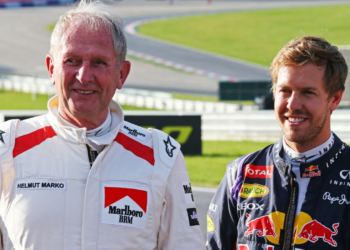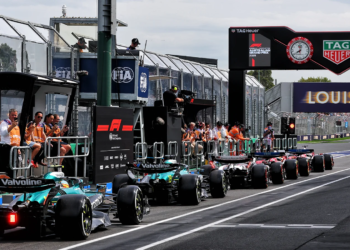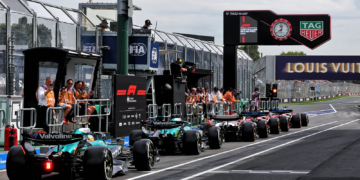FIA President Jean Todt has revealed that it was Ferrari, not the governing body, that blocked the release of details over an investigation into the legality of the Ferrari power unit, which resulted in a private settlement.
Ferrari found itself at the centre of wild speculation over its engine after it arrived from the summer break with a major performance advantage, powering Charles Leclerc and Sebastian Vettel to six consecutive pole positions and three successive victories, having scored no wins in the opening 12 races of the season.
Rumours emerged that Ferrari had found a way to trick the fuel flow sensor into delivering more fuel than the regulations permitted, but the FIA was unable to prove this and instead introduced a second fuel flow sensor for 2020 in a bid to crack down on a team doing what was suggested.
After months of further investigation, the FIA released a short statement during the final day of ’20 pre-season testing confirming it had reached a private settlement with Ferrari over the issue and would be releasing no further details on the matter.
That led to seven teams – those not powered by Ferrari engines – joining together to release a joint-statement in which they threatened to take legal action against the FIA if it didn’t divulge the details of the settlement.
The FIA responded saying it was within its rights to do as it pleased and since then things have gone quiet, with Mercedes backing away from the matter altogether.
But Todt has now come out and confirmed the FIA wanted to release details, but was blocked from doing so by Ferrari, which holds certain privileges over its rivals including the power of veto which allows it to block rules and seemingly keep the FIA quiet.
“If you ask me, I would love to be able to give all the details of the situation, but they [Ferrari] opposed,” Todt – who is a former Ferrari team boss – explained to Autosport in an exclusive interview.
“So, I mean, they have been sanctioned but we cannot give the detail of the sanction.”
Todt added that the FIA could have chosen to say nothing, but felt it would have been wrong not to at least confirm the matter was dealt with, albeit behind closed doors.
“Clearly we could have said nothing, but we felt that it would have been wrong not to say that the Ferrari case had been discussed and that there had been a sanction.”









